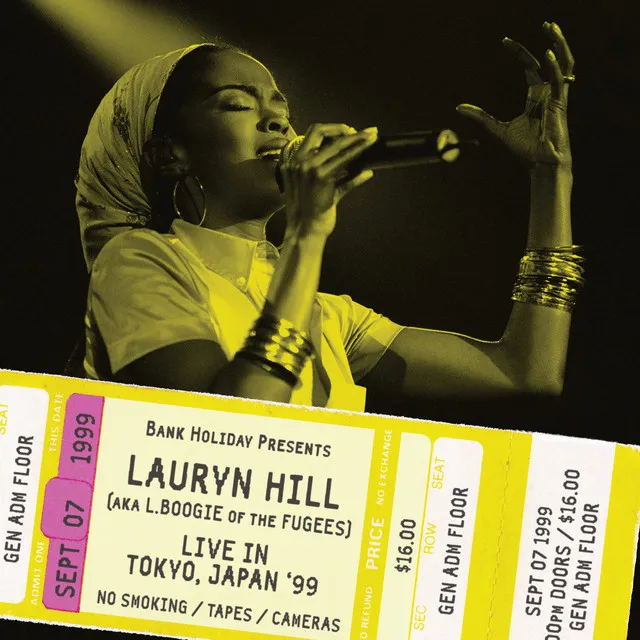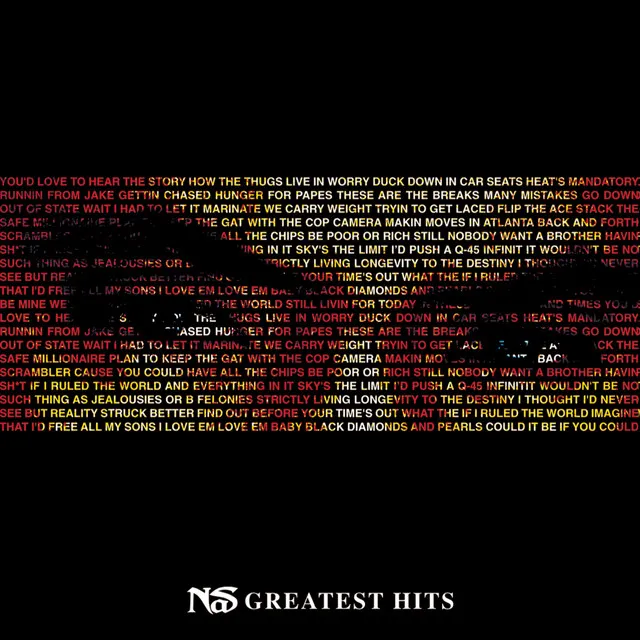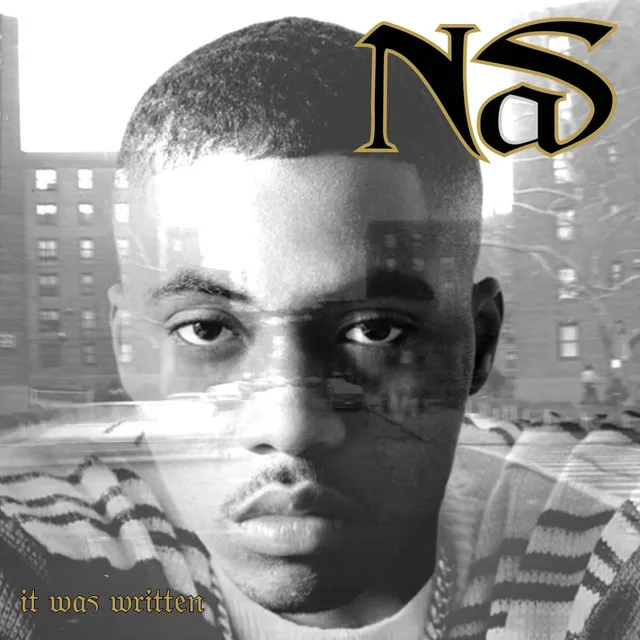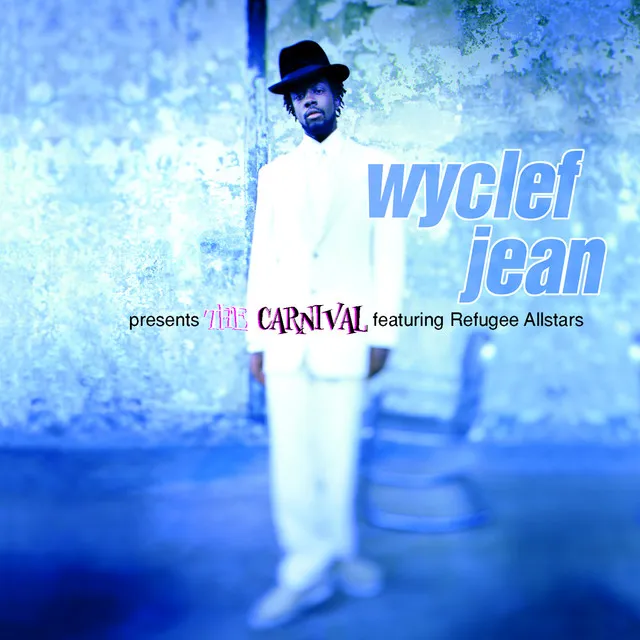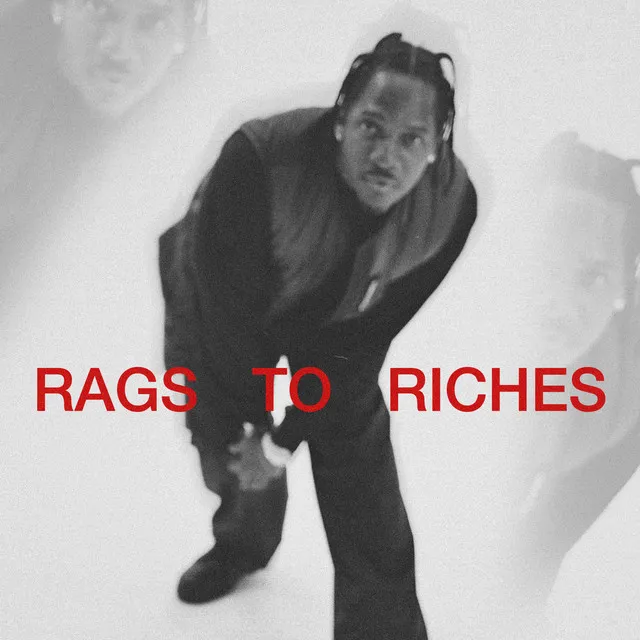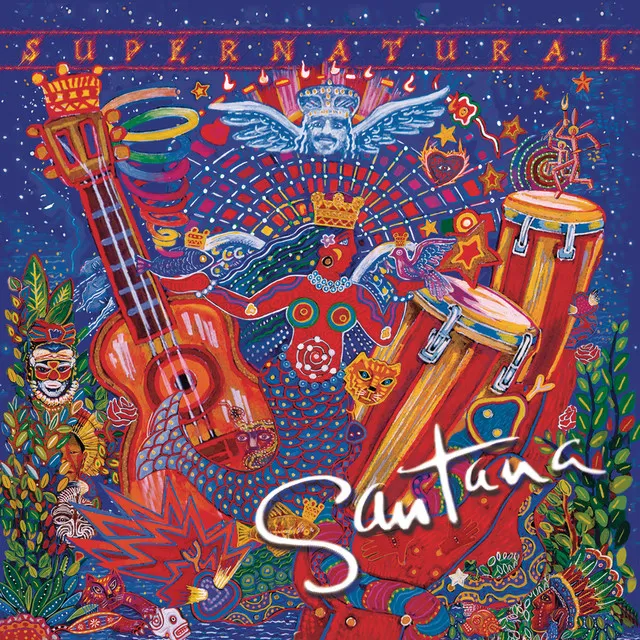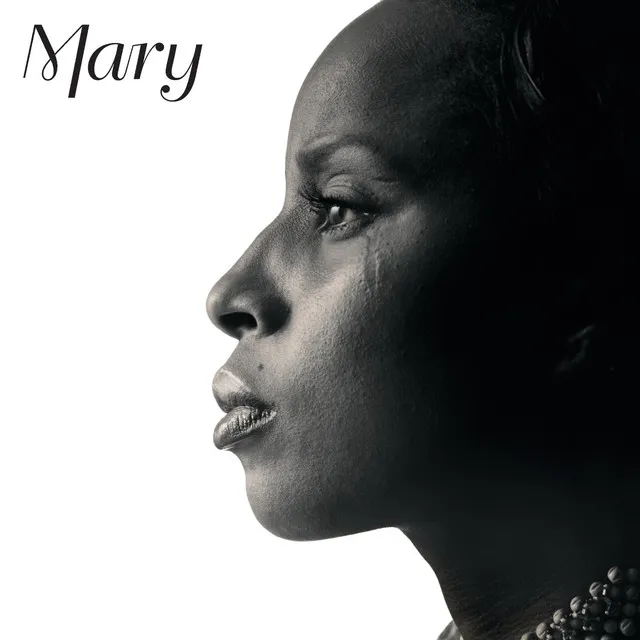Lauryn Hill broke through with multi-platinum-selling, Grammy-winning group the Fugees, but with her 1998 solo debut The Miseducation of Lauryn Hill, the singer, songwriter, rapper, and producer established herself as a creative force on her own. She successfully integrated rap, soul, and reggae into a singular sound. Eclectic, uplifting, and empowering, the album was often cited by younger artists as a touchstone. Following its success, Hill was something of an enigma, her recorded output limited to a live set, scattered compilation appearances, and a handful of collaborations. Disenchantment with the entertainment industry, along with legal issues and erratic performances, did not lessen the impact of her '90s work.
Raised in South Orange, New Jersey, Hill spent her youth listening her parents' multi-genre, multi-generational record collection. She began singing at an early age and snagged minor roles on television (As the World Turns) and in film (Sister Act II: Back in the Habit). Her on-again/off-again membership in the Fugees began at the age of 13, but was often interrupted by both the acting gigs and her enrollment at Columbia University. After developing a following in the tri-state area, the group's first release -- the much-hyped but uneven 1994 album Blunted on Reality -- bombed, and almost caused a breakup. But with the multi-platinum 1996 release The Score, the Fugees became one of the most prominent rap acts on the strength of hit singles "Killing Me Softly," "Ready or Not," and "No Woman, No Cry."
Hill followed it in August 1998 with The Miseducation of Lauryn Hill, her first solo release. Apart from a cover of "Can't Take My Eyes Off You," popularized by Frankie Valli, each song was either written or co-written by Hill. She was also credited with the arrangement and production of the whole album, which was steeped in her old-school background, both musically (the Motown-esque singalong of "Doo Wop [That Thing]") and lyrically (the nostalgic "Every Ghetto, Every City"). As Miseducation began a long reign on the charts through most of the fall and winter of 1998, Hill became a national media icon, as magazines ranging from Time to Esquire to Teen People vied to put her on the cover. By the end of the year, as the album topped best-of lists, she was being credited for her part in assimilating hip-hop into the mainstream. The momentum culminated at the February 1999 Grammy Awards, during which Hill took home five trophies from her 11 nominations, including Album of the Year, Best New Artist, Best Female R&B Vocal Performance, Best R&B Song, and Best R&B Album -- the most ever for a woman. Shortly after, she launched a highly praised national tour with Atlanta rappers OutKast.
Hill continued shaping her solo career, though it hit some significant snags. She faced a lawsuit from musicians who claimed they were denied full credit for their work on Miseducation -- a matter that was eventually settled out of court. After some film projects fell through, she retreated from the music scene as she raised her family and partially attributed her hiatus to feeling too compromised. The double-disc MTV Unplugged No. 2.0 appeared in May 2002 and documented a raw, deeply personal performance. It debuted at number three but quickly slid off the Billboard 200. During the next several years, her recordings and performances were infrequent and erratic, highlighted by a Fugees reunion for Dave Chappelle's Block Party. In 2013, she spent almost three months in prison for tax evasion but was more active after her release. The following year, the English-language version of the Swedish documentary Concerning Violence was released with Hill as its narrator. She executive produced and recorded six songs for the 2015 release Nina Revisited: A Tribute to Nina Simone, including interpretations of "Feeling Good" and "Black Is the Color of My True Love's Hair." ~ Brian Raftery
